At Stratus Property Group, we specialize in a variety of services tailored to meet the unique needs of our clients. Our expertise includes navigating complex transactions such as 1031 Exchanges, estates and trusts, ground leases, sale-leasebacks, triple net leases, and build-to-suit opportunities. These transactions demand diligence and expert knowledge, but they also offer high rewards when handled properly.
Our team has extensive experience facilitating successful 1031 exchanges. Whether you’re planning disposition, property identification, or exchange consummation, we’re here to guide you every step of the way.
What is a 1031 Exchange?
Section 1031 of the Internal Revenue Code allows an investor to defer gains from a sale if re-invested in a “like-kind” asset. Previously, many asset types were allowed, but as of 2018, only real property (real estate) assets are allowed to take advantage of this tax code provision.
Why Participate?
This tax code provision, if applied wisely, can be one of the single biggest wealth generators to an investor. By being able to invest all proceeds from a property sale, instead of only investing after-tax proceeds, one can substantially increase buying power.
How Does One Qualify?
The property being sold must be a real property (real estate) held for long-term investment. Generally, second homes or short-term property “flips” would not qualify. Once sold, all proceeds must be directly deposited with a qualified intermediary. The investor then has 45 days to identify replacement properties. Properties must be identified, in writing. Replacement properties can be identified in one of three ways:
3-Property Rule: Can Identify up to three (3) replacement properties without regard to their fair market value
200% Rule: Can identify any number of replacement properties so long as their aggregate fair market value of all replacement property does not exceed 200% of the aggregate fair market value of all relinquished properties
95% Rule: Can identify any number of replacement properties without regard to the combined fair market value, as long as the replacement properties acquired amount to at least 95% of the fair market value of all identified properties.
Exchange
The investor has up to 180 days from the time that the relinquished property was sold to purchase the replacement property(s).
Summary
The Stratus team considers 1031 exchanges to be an integral part of any well-managed real estate investment strategy and are happy to discuss in detail ways to integrate this into your personal wealth building model.
We understand the intricacies of sale-leaseback transactions and can help you maximize value while meeting your business objectives.
What is a Sale-Leaseback?
Sale-leasebacks are when the owner/user of a property sells their property and enters into an agreement with the new owner that allows them to continue controlling the space.
Who Benefits from a Sale-Leaseback?
In conjunction with the triple-net lease, this type of transaction can be beneficial for users because it allows them to gain access to cash, while maintaining oversight of the space without the high costs of ownership. Sale-leasebacks with a NNN lease benefit investors because it creates stable income for an extended period of time, but allows them to be relatively hands-off.
Need additional capital to grow your business or further a new or existing investment strategy? Stratus Property Group can help highlight the benefits that can be derived from a sale-leaseback, 1031 exchange, or a number of other more complex real estate transactions.
Looking to liquify your asset or find the perfect investment property? Let the expert brokers at Stratus Property Group help. Give us a call at 404-618-0878 or email us at contact@stratuspg.com.
With our expertise in triple-net leases, we can assist in structuring agreements that benefit both landlords and tenants.
What is a Triple-Net Lease?
The triple-net lease, commonly abbreviated NNN, is a lease in which the tenant of the space is responsible for all costs associated with the space, including: real estate property taxes, property insurance and common area maintenance. These leases are typically long term with a base percentage increase each year. Tenant has control of the space.
Who is a Triple-Net Lease Best For?
Properties that utilize NNN leases are relatively low risk for hands-off investors since individual tenants handle the majority of the work related to the property, thus alleviating any management worries or additional improvement costs. They can offer stable income, and when sold, can be used as a tax break through the 1031 exchange process.
This material is neither an offer to sell nor the solicitation to purchase any security. The information is for discussion and information purposes only. It is not intended to replace competent legal, tax or financial planning advice. The applicable tax codes apply to and relate to federal law only. Individual states may have their own additional tax codes. Please contact the appropriate tax and legal professional in your state. This information is provided from sources believed to be reliable but should be used in conjunction with professional advice that is consistent with your personal situation.
Allow the Stratus team to help you negotiate the nuances of the available Triple Net lease properties to find the best fit for your investment strategy! Call us at 404-618-0878 or email us at contact@stratuspg.com.
Stay Informed with Our Newsletter! Be a VIP on our contact list to be among the first to discover new properties & industry insights.
Retail | Multi-family | Land | Industrial Real Estate
Your Commercial Real Estate Experts in the Atlanta Metro & Surrounding Areas

PAGES
FIND US
Stratus Property Group
Office address:
3625 Cumberland Blvd SE, Suite 1150
Atlanta, GA 30339
Mailing address:
PO Box 723187
Atlanta, GA 31139
Office: (404) 618-9878
© 2025 – Stratus Property Group. All rights reserved.